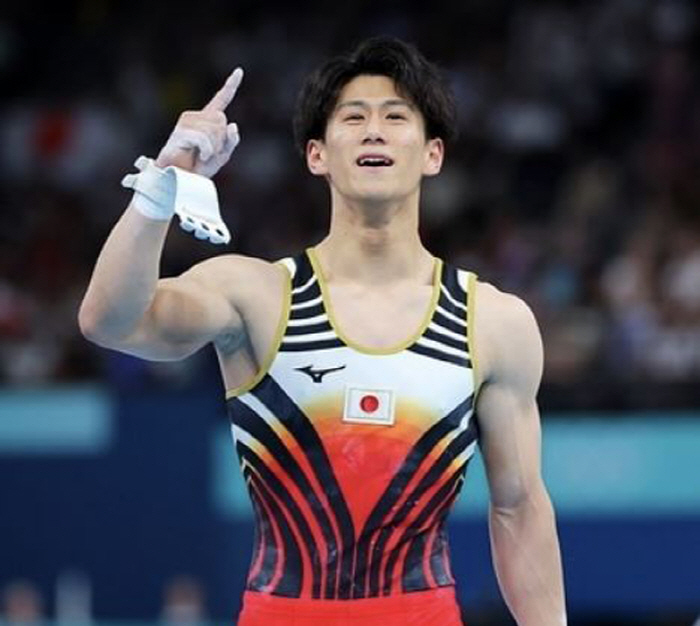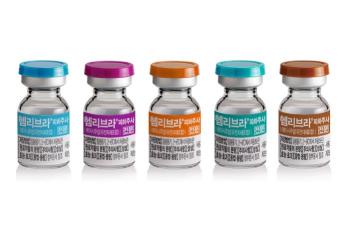Gymnastics' representative rare disease diagnosis, I thought it was the flu...
Jun 25, 2025
|
According to Japanese media, including the Mainichi Shimbun, Daiki Hashimoto, who won three gold medals in the Olympic gymnastics event, was diagnosed with an autoimmune disease 'Kikuchi disease' after a blood test last month.
Kikuchi disease is also called 'necrotizing lymphadenitis', and is an autoimmune disease that occurs frequently in young women.
It usually occurs in people in their 20s and 30s, and the incidence of women is about two to three times higher than that of men.
Symptoms include a fever of 38 to 40 degrees lasting more than a week, with swollen lymph nodes such as the neck, armpit, and groin accompanied by pain.
It can also be accompanied by skin rashes, joint pain, muscle pain, vomiting, abdominal pain, and fatigue.
The cause of the outbreak is not yet clear, but it is presumed to be related to overwork, stress, and decreased immunity.
Virus infections, autoimmune reactions, and specific allergic reactions have also been suggested as causes.
There is no specific treatment for Kikuchi's disease, and most of them heal naturally. If the symptoms are severe, fever relievers or nonsteroidal painkillers are used, and sufficient rest and stress management are required to prevent recurrence. Approximately 20% of patients may relapse, and symptoms may persist longer upon relapse.
Hashimoto also reportedly underwent a blood test because his initial diagnosis was the flu, but his fever did not subside even after taking the medicine.
Meanwhile, Japan's gymnastics hopeful Daiki Hashimoto won three medals at the 2020 Tokyo Olympics, winning the individual all-around, bar gold and team silver medals at the age of 20. At the 2024 Paris Olympics, she won the team gold medal.
In addition, he won four gold medals, five silver medals, and one bronze medal at the 2019-2023 World Championships and is considered Japan's representative gymnast.
This article was translated by Naver AI translator.














